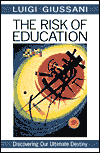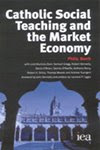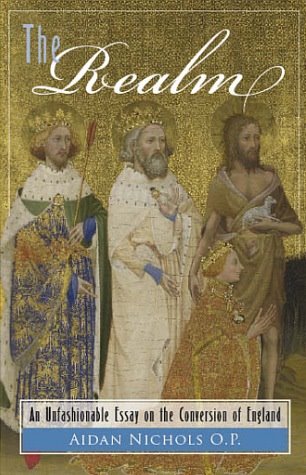"...we all fall down!"
David Schutz at Sentire Cum Eccelsia has a fascinating vignette from the past: Time Magazine's analysis of the 1968 Catholic revolt over the encyclical Humanae Vitae. He will be posting excerpts from the article over the next few days, and asks us to note the names in the article, "experts" who are singing the same tune forty years later.
I think it is even more instructive to note the language and underlying positions that inform the article and the critics' position. The revolt of 1968 was the consequence of centuries of erosion of the authentically Catholic concept of freedom, one which related freedom and authority and gave meaning to both.
The key assumption is embedded in the title of the article: "Catholic Freedom v. Authority". This dualistic understanding of freedom is a prime part of the heritage of the modern world. Freedom is defined negatively, as always against something, as an absence of constraint. According to this conception, the enemies of freedom are the triple authorities of reason, nature and revelation. Overthrow these, in society and your own life, and you are free.
But what does such a freedom mean? Taking this conception literally, the ultimate freedom is pure arbitrariness, stripped of any relation to a normative authority. What should I do with this freedom? Freedom conceived in this way is literally meaningless, and the "free" person is paradoxically a slave, trapped in a kind of moral Brownian motion.
In practice, this meaninglessness is too stark, too hard to bear. So we cling to the remaining fragments of Christian morality, reduced to a sub-Christian moralism. Or resort to a crude mathematical calculus of utility. Or we seek meaning elsewhere, in the "authority" of our lusts and desires. Or we mix them as it suits us, reproducing the shattered moral world in our own lives.
Once we have taken on the modern mind, and internalised its negative concept of freedom, it is almost inevitable that we will bridle at the demands of genuine obedience to God.
Importantly, this revolt was not confined to the Church. This was the year of the great student protests and the revolt of Czechoslovakia against Communist domination. The worm-eaten structures of authority across the globe fell, restored temporarily in a few cases (like Czechoslovakia) by brute force, but allowed to fall in most other places for want of an alternative. And we still live in the ruins.
The way out? Certainly not to reimpose some kind of compulsion - that would reduce Christian morality to an exercise of power, and play according to the rules of the modern mind. What is needed is a renewed experience, a re-cognition, of the Person who is already both our Freedom and our Authority, and who has already done so much for us. To the person who has this recognition, who knows His look of love, obedience is not something to fear or to revolt against. His yoke is easy and His burden light.





